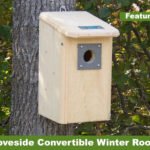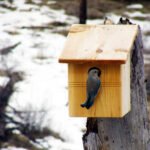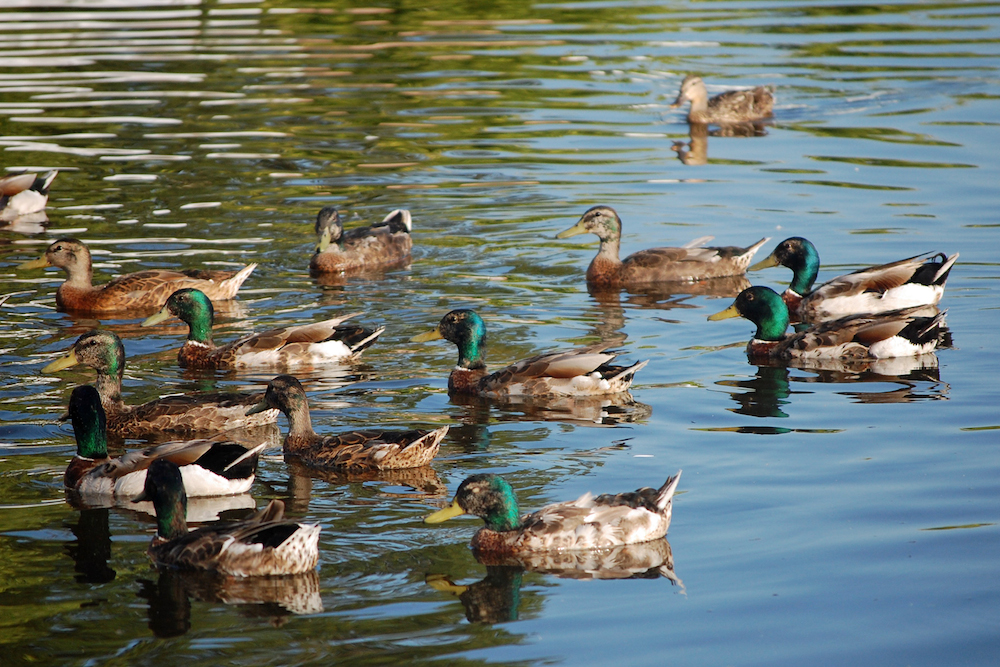
An age-old pastime for families across the world is heading down to the pond at the local park and feeding the waterfowl. Throwing delicious food to the ducks with the kids is a great way to get up and close to nature, especially if you live in a city that doesn’t allow you to have your own bird feeder.
However, feeding ducks isn’t as simple as picking up some old bread and heading to the park with your family. It’s a little more complicated. Here are the five things you should know when feeding ducks.
Abide by the park rules and local laws
The first thing you should do before feeding ducks at the park (or even in your yard) is to make sure it is legal to do so. While feeding birds sounds like a right everyone should have, some cities or neighborhoods have ordinances that prohibit the feeding of certain wildlife. For example, you could face a fine of up to $750 and jail time if you’re caught feeding birds at the park in Scottsdale, Ariz. Many cities have similar ordinances because waterfowl populations might be growing exponentially due to human feeding. Other reasons include the fact that people feed the ducks human food, which usually isn’t the healthiest.
If you’re lucky enough to have a pond in your backyard that attracts waterfowl, you should also check whether it’s legal to feed ducks, especially if you’re near an airport. Air traffic controllers are always looking to reduce the amount of bird strikes by keeping birds as far away as possible.
Don’t give bread to ducks
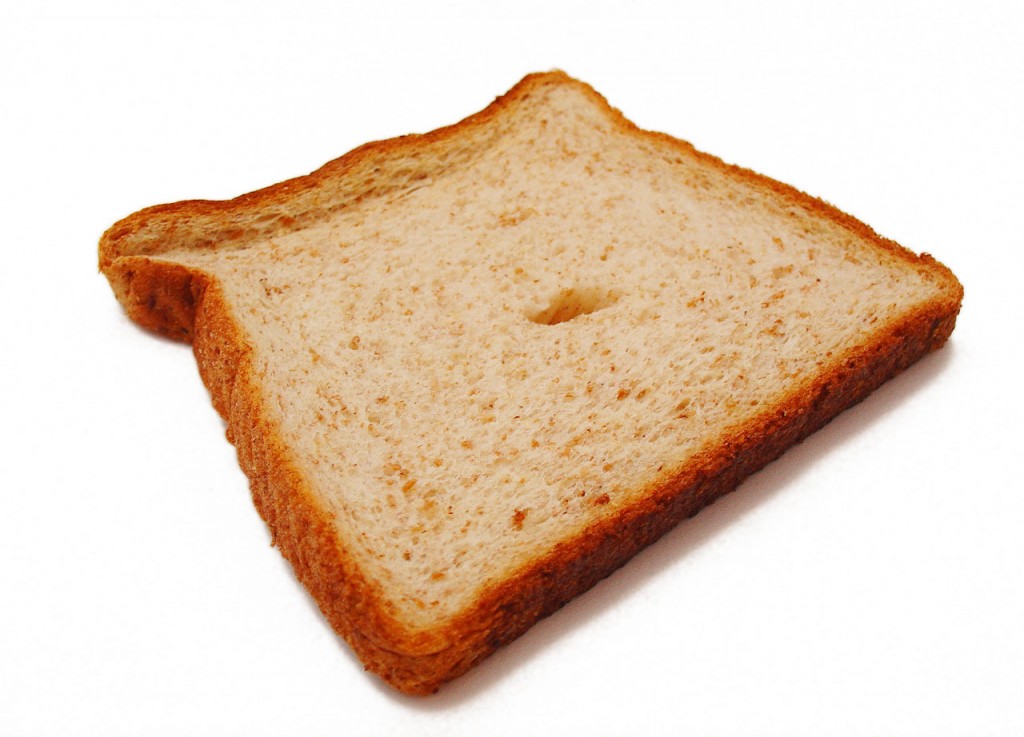 Once you’re sure it’s fine and legal to feed the ducks, the next step is to forget everything you thought you knew about feeding ducks. Most people think it’s OK and even recommended to toss pieces of bread to the birds, but that’s a myth. I’ve written before about why bread is not a healthy snack for birds, but it’s worth going over. Bread provides little nutritional value to birds and does nothing but fatten up birds. You don’t want obese birds that are unable to fly. Bread also affects their excrement and can even cause disease to spread much easier.
Once you’re sure it’s fine and legal to feed the ducks, the next step is to forget everything you thought you knew about feeding ducks. Most people think it’s OK and even recommended to toss pieces of bread to the birds, but that’s a myth. I’ve written before about why bread is not a healthy snack for birds, but it’s worth going over. Bread provides little nutritional value to birds and does nothing but fatten up birds. You don’t want obese birds that are unable to fly. Bread also affects their excrement and can even cause disease to spread much easier.
You can guess that since giving bread to ducks is bad, giving moldy bread to ducks is even worse. Certain mold can be fatal, which is more reason to leave the bread at home.
Give ducks nutritional treats to supplement their diets
Now that the “don’t” is out of the way, it’s time for the “do.” There is a lot of great and nutritional food you can give ducks at the park. This food tends to be the same stuff you would put in your bird feeders, such as grains, seeds and other items. Here’s a partial list of some of the things that are actually healthy for ducks:
- cracked corn
- rice
- leafy greens
- birdseed
- wheat
- barley
- mealworms
- frozen peas
- vegetable peels
Offer small, manageable portions of food
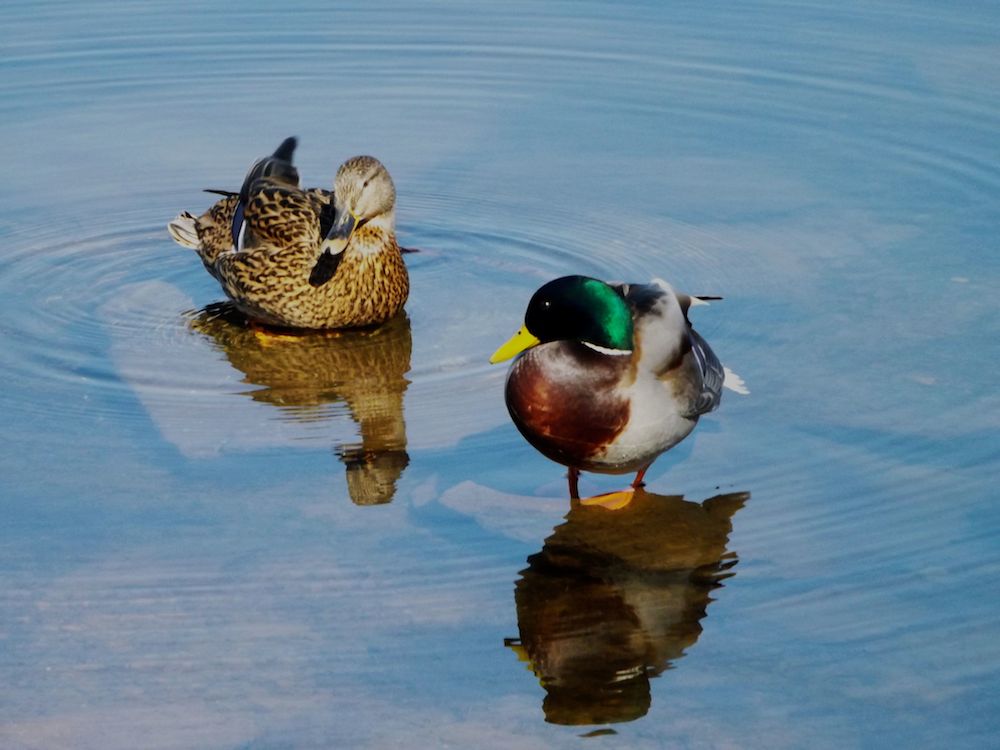
Similar to how we should eat small and manageable portions, so should birds. Ducks tend not to have the most self-control, so if you keep feeding them, they tend to keep eating. Giving too much food, especially large chunks of food, can be dangerous because birds might not be able to swallow the whole thing.
Another reason you shouldn’t give too much at once is environmental. If the ducks somehow don’t get to all the food and leave it, it becomes food for pests and critters. Providing fodder to rats is a surefire way to bring down the cleanliness of the park and could lead to the introduction of rules prohibiting bird feeding.
Use ground feeders for ducks in your backyard
For those with ducks that may wander onto your property or visit a source of water in your backyard, consider getting a ground feeder to feed the birds. This gives ducks and a variety of species a place to come and feed without getting scraps of food and seeds everywhere. This isn’t a necessity, but it’s a great way to feed ducks in your yard.

